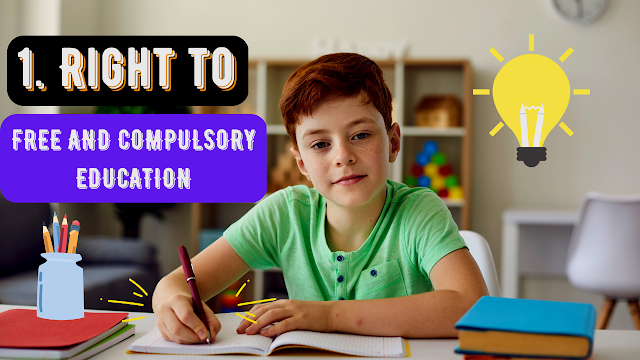What is the role of education in society essay?
The Constitution of India provides various rights and protections to children. These rights include:
1. Right to free and compulsory education.
2. Protection against exploitation and torture.
3. Right to health and nutrition.
4. Right to protection against discrimination.
5. Special security for vulnerable sections of society.
6. Right to receive information and participate in decision-making process.
1. Right to free and compulsory education.
The Right to Education (RTE) Act was enacted in India on August 4, 2009, with the aim of providing free and compulsory education to all children aged 6 to 14 years. The act gives the government and local authorities the responsibility of ensuring admission and regular attendance of children in schools, and no child can be denied the right to education on the basis of fees. The RTE act has made India one of the 135 countries that provides education to every child as a right.
2. Protection against exploitation and torture.
The Indian Constitution guarantees that children have a right to protection against exploitation and abuse.
This right is protected by the constitution's fundamental rights, which declare that all children must be treated fairly and equally, regardless of their ethnicity, religion, or place of birth. The constitution also guarantees children's access to free and compulsory education.
In order to protect children from sexual exploitation and abuse, the Protection of Children from Sexual Offenses (POCSO) Act was also passed. The Act provides for harsh penalties for such violations and also specifies a unique judicial tool for the trial of such cases. Similar to those, several government efforts and programmes were implemented to ensure the protection of children from exploitation and abuse.
3. Right to health and nutrition.
Children's rights to health and nourishment are recognised as fundamental rights in India's Constitution.
The State shall provide free and compulsory education to all children between the ages of six and fourteen in such a way as may be regulated by law, according to Article 21A of the Indian Constitution. The government must take action to guarantee that all children have access to the facilities, food, and health care they require for their general growth and development, according to this article. The Right to Education Act of 2009 further ensures that all children have access to free and required education. This guarantees that all kids have the right to health and nutrition, regardless of their social or economic status.
Thank You Somuch Visit Our Webpage.for





.jpg)
.jpg)

Hello Friends. I am Montu. For more educational articles like this, And if you like the article, please leave your comments. Please point out any mistakes. Thank You So much